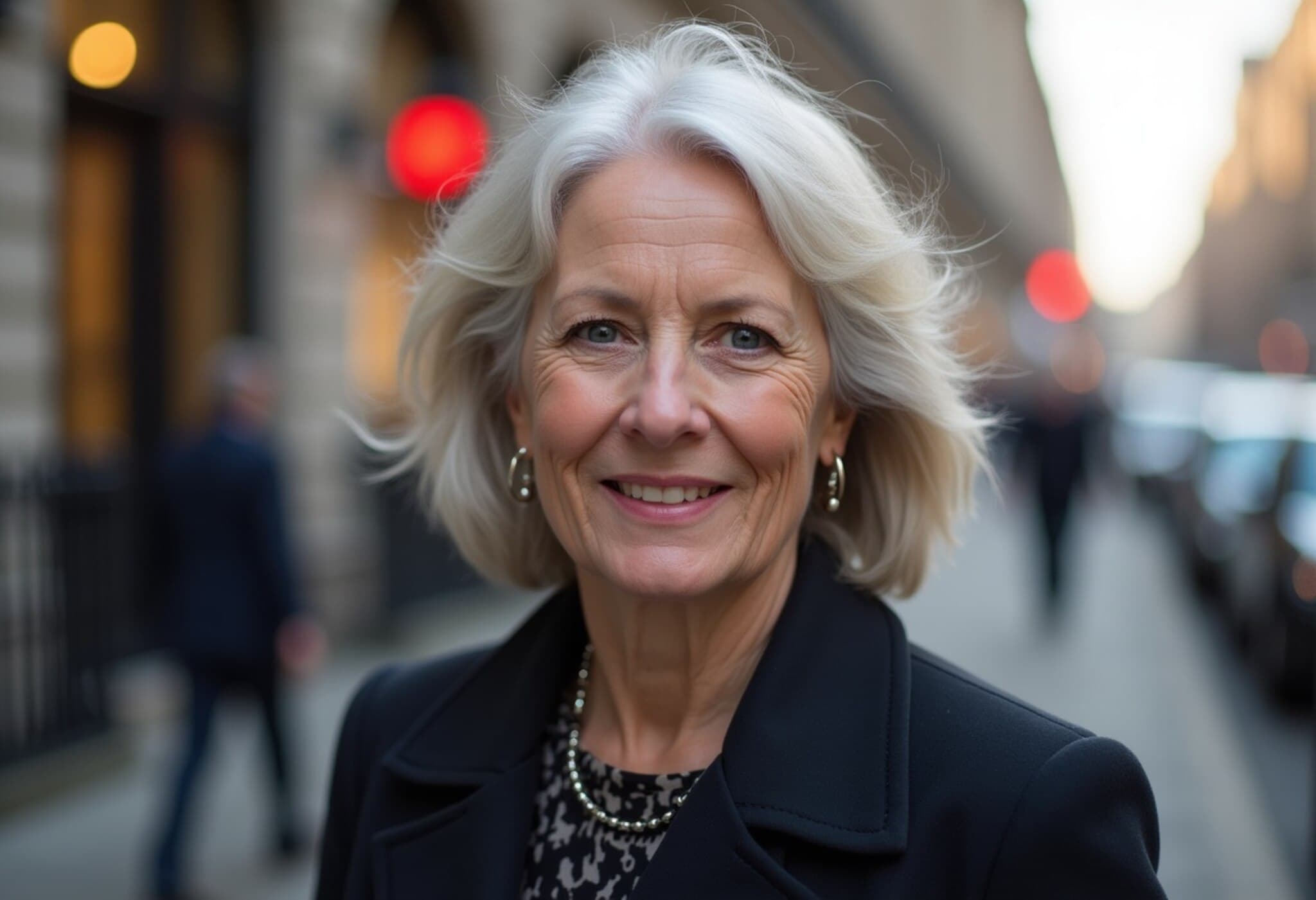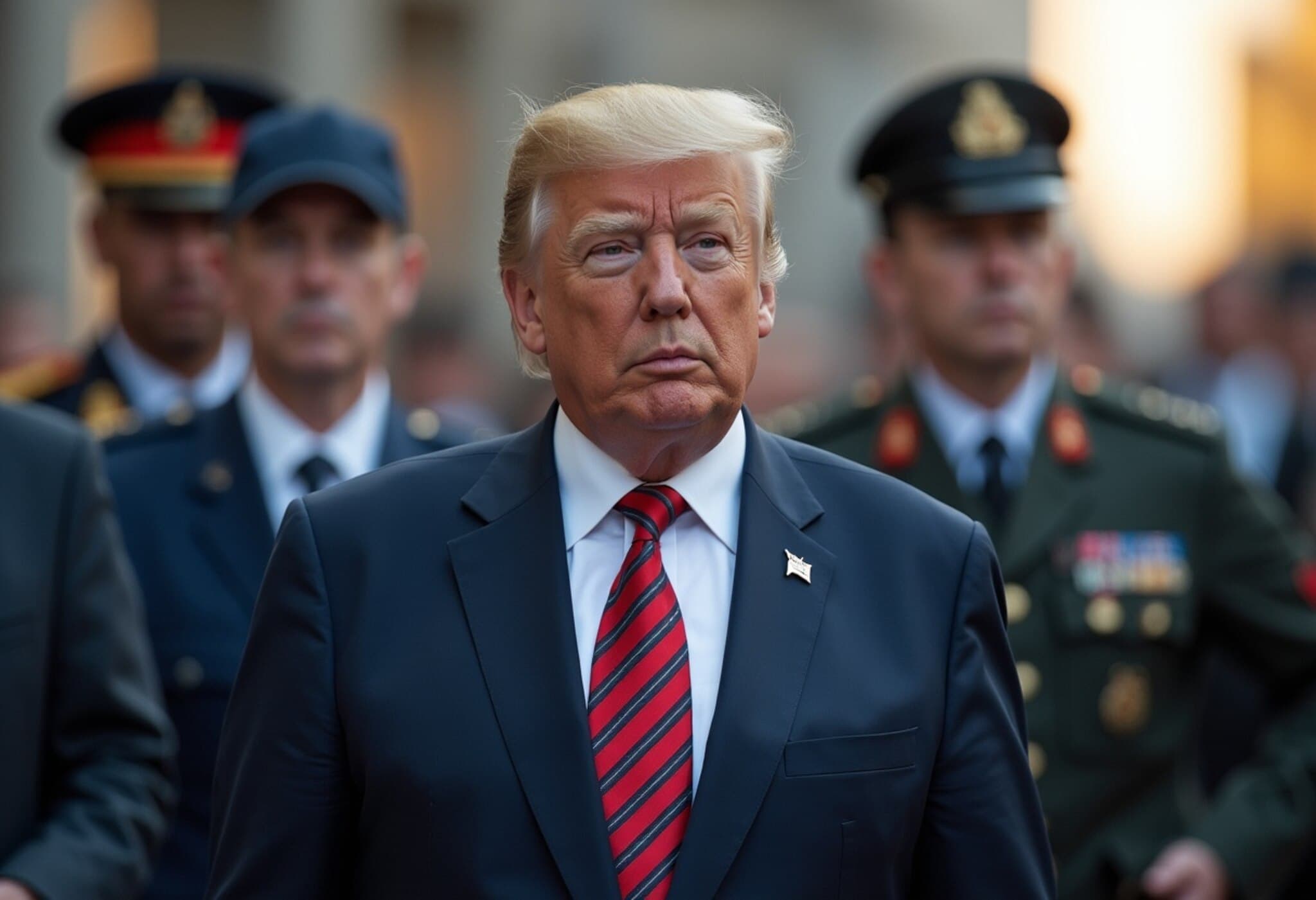Barbara Woodward to Become Deputy National Security Adviser Amid Heightened UK-China Focus
In a move signaling the British government's sharpened focus on China, Barbara Woodward—Britain's former ambassador to China and current senior diplomat at the United Nations—is reportedly set to become Prime Minister Keir Starmer's new deputy national security adviser. This strategic appointment reflects the growing importance of China expertise at the heart of the UK's national security and foreign policy as relations with Beijing grow increasingly complex.
From Diplomatic Frontlines in Beijing to the Core of UK National Security
Woodward brings a deep well of firsthand experience to the role. Having served as deputy envoy to Beijing between 2007 and 2009 before returning as ambassador from 2015 to 2020, she was there during what many regarded as a "golden era" in UK-China relations. This period saw the historic state visit by President Xi Jinping to the UK, alongside efforts to strengthen trade and economic ties. However, the relationship has since been strained by escalating concerns over national security, human rights issues in Hong Kong and Xinjiang, and cybersecurity threats.
Her appointment arrives at a pivotal moment. The 2025 UK defence review labels China as a "sophisticated and persistent challenge", underscoring the need for nuanced, expert-led policy approaches that balance economic interests with security imperatives.
Starmer’s Balanced Approach: Engagement Amid Caution
Since taking office, Prime Minister Starmer has signaled a pragmatic approach toward China—seeking to reignite economic ties while not shying away from addressing geopolitical and human rights concerns. Senior cabinet figures, including Foreign Secretary David Lammy and Chancellor Rachel Reeves, have recently made diplomatic visits to China, aiming to foster dialogue and trade cooperation.
Still, uncertainties linger, especially in the wake of shifting US-China relations with the Biden administration in Washington and lingering tensions inherited from previous US policies. Starmer himself is yet to visit Beijing but reportedly plans to do so early next year, demonstrating the importance he places on direct engagement.
Strategic Implications and Expert Perspectives
- Expertise in the mix: Woodward’s knowledge will be invaluable in navigating sensitive issues such as Hong Kong’s autonomy, cyber threats, and broader geopolitical competition.
- Continuity and change: Her appointment follows a narrow miss in June when she was shortlisted to head MI6, marking a rare potential for a female leadership figure in UK intelligence.
- Team dynamics: Woodward will work alongside National Security Adviser Jonathan Powell and another deputy, ensuring Britain’s national security team remains robust and diverse in experience.
- Diplomatic succession: Christian Turner, currently Political Director at the Foreign Office and a former deputy national security adviser, is expected to replace Woodward as the UK’s UN ambassador.
Why This Matters: Beyond Headlines
Barbara Woodward’s prospective appointment highlights an underreported yet critical reality: the UK’s national security strategy is pivoting from broad rhetoric to detailed, expertise-driven policy shaped by hands-on regional knowledge. This shift embodies the broader global narrative of balancing economic opportunities against security risks in an era of great power rivalry.
For the UK, a nation navigating post-Brexit recalibration and global power shifts, Woodward’s role symbolizes the intertwining of diplomacy, intelligence, and national security policy in adapting to a rapidly changing world.
Editor’s Note
Barbara Woodward’s ascent to deputy national security adviser offers a revealing window into how the UK government is recalibrating its approach to China. With economic growth ambitions and security challenges in tension, her deep China expertise promises more informed, nuanced policymaking. Yet, questions remain—can the UK effectively navigate a path that safeguards its interests without alienating a crucial global partner? And how will this appointment influence broader UK foreign policy in an increasingly multipolar world?









